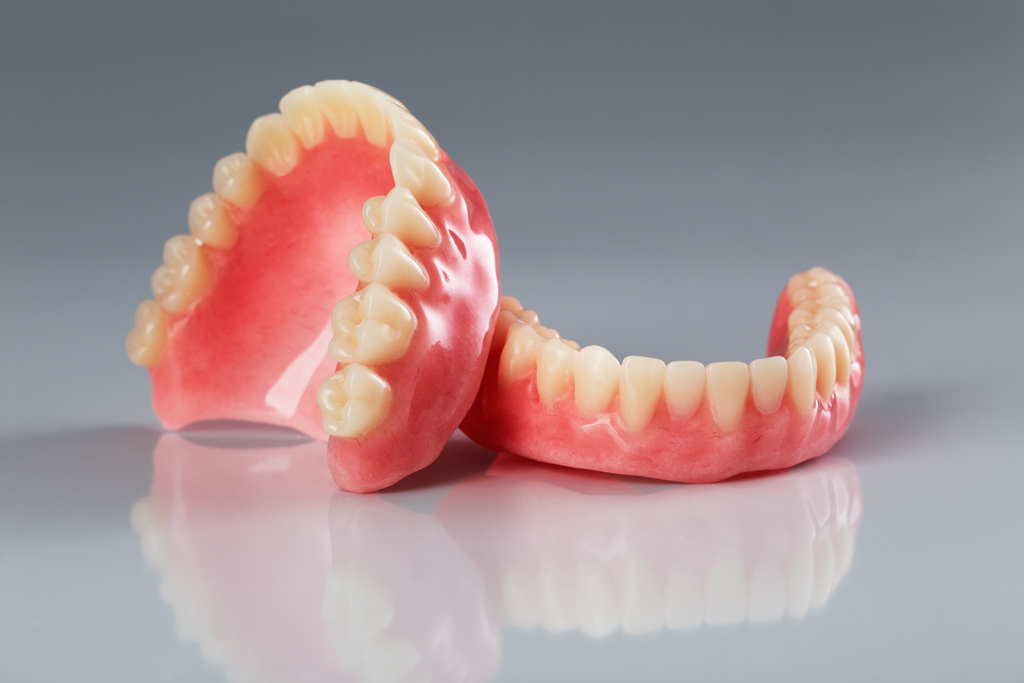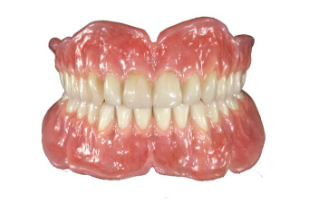
Dentures
Dentures have been a mainstay dental treatment for the replacement of missing teeth since the 1700s; and with good reason. When done well, these custom made devices give you the confidence to talk, eat and smile again.
FAQs
What are full dentures?
Full dentures are appliances designed to replace all missing teeth. Unlike implants or dental bridges, they are removable – meaning that they are not fixed in the mouth and need to be removed to be cleaned after eating and just before bed.
Do I need all my teeth out to have dentures?
If some of your teeth are still in good condition, a type of denture known as a partial denture can make use of these teeth in replacing your missing teeth. This can be in the form of acrylic, nylon or cobalt chrome – and your prosthetist can discuss with you the best type for your mouth.
How often should I replace my dentures?
The average lifespans of dentures, depend on their design, materials, and amount of uses. However, most dentures are designed to last somewhere around seven to ten years.
How long does it take to make new dentures?
Generally, to make new dentures 4 to 5 visits will be required. One appointment is usually scheduled per week but this may be adjusted to allow for patients who are looking to have their dentures quicker than within the typical 4 to 5 week period.
How often should I have relines done?
New dentures will typically fit your mouth very securely as it has been designed specifically for your gums. As time goes on, your gums and tissues will change, which will result in your dentures becoming loose and ill-fitting causing them to become more prone to moving inside your mouth. Having a denture professionally relined every one to two years will keep it secure and functional.
What is the cost for new dentures?
There are many different treatment options available for denture wearers. A consultation is required so a dental prosthetist can discuss with you the best treatment plan for your individual situation.
Is it hard to get used to dentures?
Getting used to new dentures takes time, especially if you haven’t worn them before. Even if you have an older denture you’re looking to replace, your facial and mouth muscles may have adapted to your previous set requiring an adjustment period for any new denture work.
What is implant retained dentures (also known as over-dentures)?
- Implant-retained dentures are full dentures held in position by dental implants. As they are secured by implants, the dentures function better than conventional dentures and are more stable.
- Dental implants are titanium screws placed in your jawbone to help stabilize and secure the dentures in place. Then, the implant-retained dentures (also known as overdentures) are attached to the implants. Typically, each jaw requires 2 to 4 dental implants to stabilize a single denture.

Proudly announce that, we provide all our dentures under Bio-functional Prosthetic System (BPS®).
Young is certified BPS® technician and clinician.
BPS ® precision dentures are able to closely reflect a variety of natural tooth shapes for a more genuine smile. Quality materials, coupled with precise measurement techniques, result in great-fitting, wear-resistant dentures.
